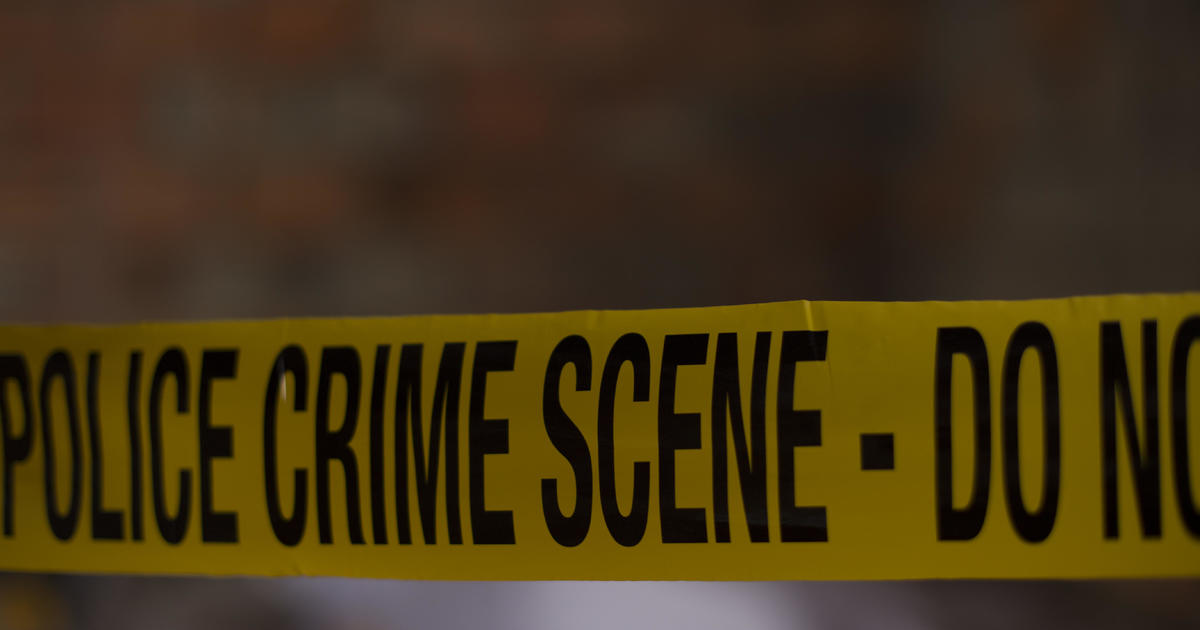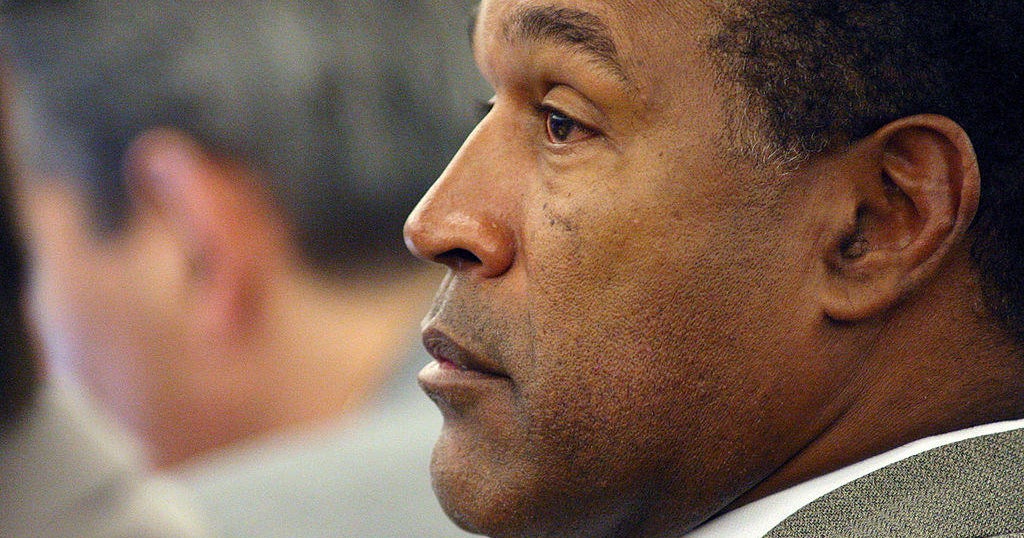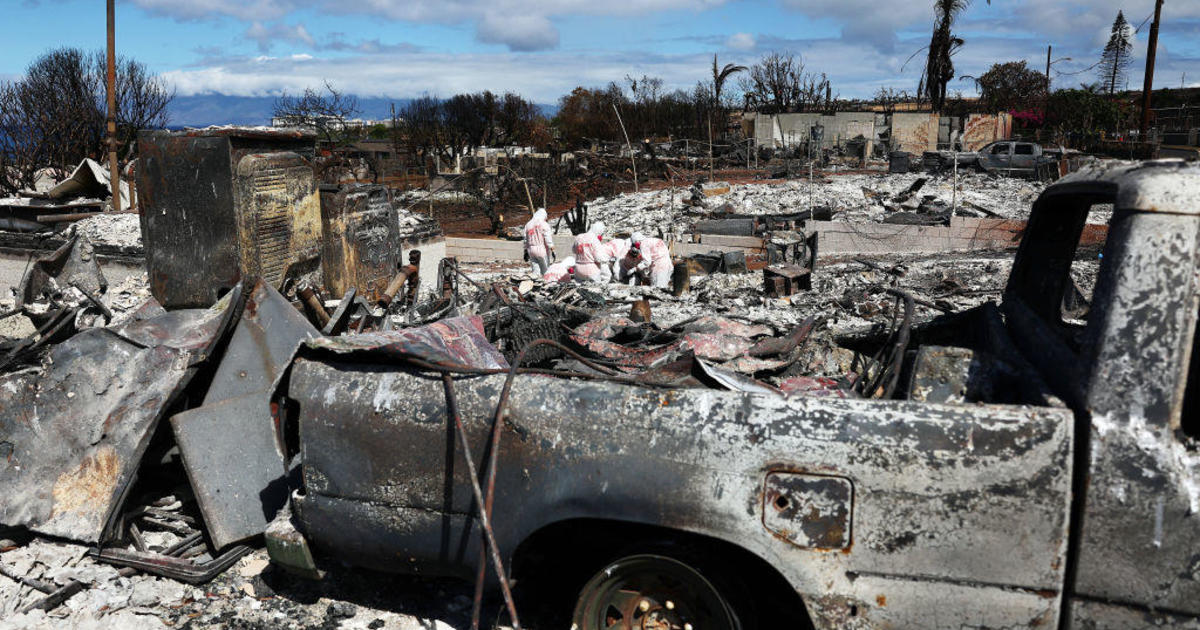Charlottesville Mayor Nikuyah Walker says city still healing one year after violence
One year after a white nationalist rally that resulted in the death of a counter-protester rocked her city, Charlottesville Mayor Nikuyah Walker said that the community has "absolutely not" healed. Walker told "Face the Nation" moderator Margaret Brennan that the issues her city faced last August were "not the rally" or statues depicting figures of the Confederacy but, rather, "deep-seated racism."
"Oh a year isn't long enough. We're talking about issues that have been going on here for centuries," said Walker.
"That's the challenge. And that's a lot of work, and it takes commitment," she added. "And while people don't want alt-right white men in khaki pants and polo shirts, you know, walking through town, and they want to make it clear that they don't identify there, they have been very comfortable with racism and how it plagues the community."
Outraged by the local response to the violence on Aug. 12, 2017, Walker ran as an independent candidate for city council but ended up becoming the first African-American female mayor of Charlottesville, taking office less than five months after the rally of white nationalists gripped her community.
Walker agreed that the images of a car plowing into a crowd of counter-demonstrators shocked the world because the idyllic, small, Southern town of Charlottesville, the home to former President Thomas Jefferson and the University of Virginia, provided a stark contrast to the nation's underlying racial tensions. In her campaign, she ran on "unmasking the illusion."
"While it is Thomas Jefferson's hometown, you're talking about a president who enslaved people and built his empire off the backs of black people. So that's the truth that we don't want to tell, right? You're talking about world-class university, but who is in that university? Who's able to walk those grounds versus who built the university? That university was built off of enslaved laborers," Walker said.
Meanwhile, the mayor said statues, like the one of Confederate Gen. Robert E. Lee, which served as one of the rallying points for the white nationalists last year and still stands in the same spot, represents the "hate" that came to her town and demanded that it come down.
"The hate that it caused, the hate that it drew here, that people were able to mobilize behind a decision that the previous council had made about removing those statues and get that many people into this area to make sure that we understood that they were going to do everything within their power not to let that happen, that means that absolutely it must come down," Walker said.
But Walker said that good things have happened within the past year.
"There has been good," she said. "I mean, we have a community here, who- not the all the people in the community, but we have a good segment of the population who has come together to fight the, you know, has taken on the call to make sure that justice and equity is a part of their everyday lives and have- and understand that they have to take that into every room they walk in."



